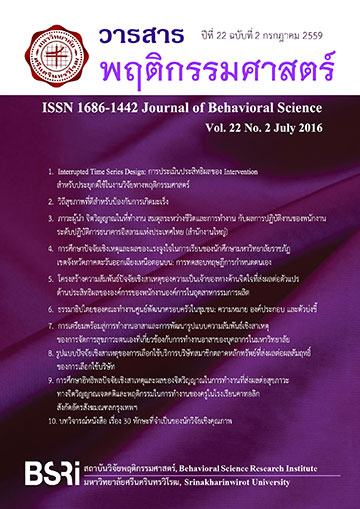Interrupted Time Series Design: Evaluation of the Intervention for Applications in Behavioral Science Research
Abstract
An interrupted time series (ITS) design is a powerful quasi-experimental research Design for evaluating effects of interventions. In ITS studies data are collected at multiple time points before and after an intervention (the “interruption” in the time series) with the same subjects and set of tools. Measurements of the outcome variable are collected at equally spaced intervals. ITS is a longitudinal studies to estimate dynamic changes in various processes before and after an intervention. Since ITS take a long study and collect data continuously as the particular characteristics of time-series data- secular trend, seasonality and autocorrelation may lead to biased results. Segmented regression analysis is a powerful statistical method for estimating intervention effects in interrupted time series studies while controlling for secular trend that may have occurred in the absence of the intervention. And used to describe the postintervention observations will have a different slope or level from those before the intervention.
Downloads
Published
How to Cite
Issue
Section
License
Behavioral Science Research Institute, SWU
114 Sukhumvit 23, Bangkok 10110, Thailand.
Tel.02-649-5000 # 17600


